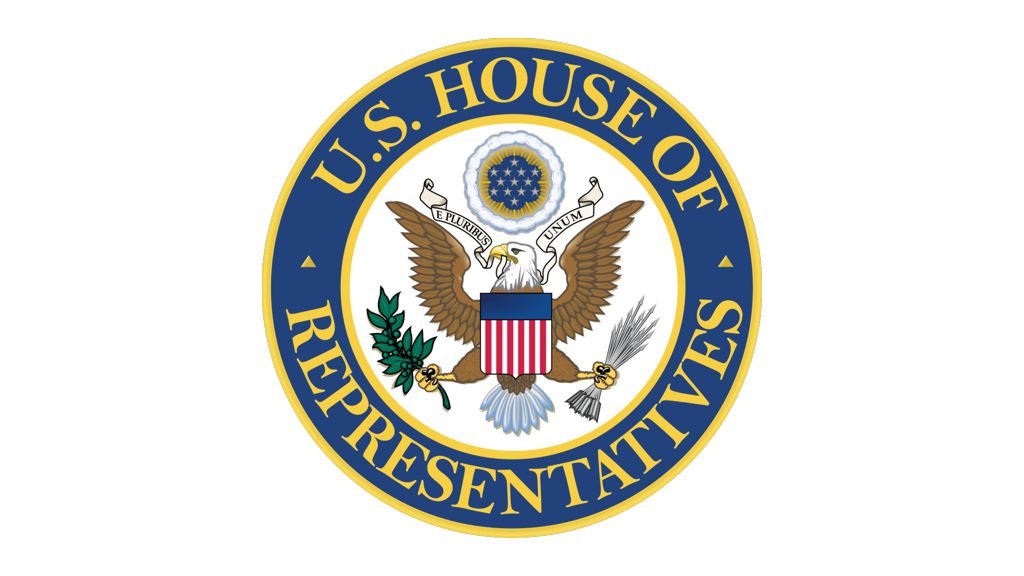A letter from David Curry, CEO Open Doors
When I visited Beijing recently, I found that I was constantly under the cold eyes of CCTV cameras. I couldn’t be sure my hotel room wasn’t bugged. It’s what some Christians in China go through constantly: the reality that the government keeps tabs on them, making sure they don’t get out of line. Making sure that Jesus doesn’t ever conflict with the wishes of the state. This is but one type of persecution we track each year in the World Watch List. We also look at brutal violence, like the Easter Sunday bombings in Sri Lanka or the spike in violent attacks in Burkina Faso. But both pressure and violence have the same aim: to destroy the Church of God.
The Bible tells us that the gates of hell will not overcome the Church of God. But the Bible also tells us that the gates of hell will try. That’s what the World Watch List is about. It’s about how Satan and his forces are trying to defeat God’s family. But believers around the world stare Satan in the face, and say with one voice: NO.
In the pages that follow, you’ll read numbers and data that represent real Christians, like you and me, who are standing up for God—and suffering because of it. But these people are not strangers; they are our family. And we have the opportunity to stand with them.
Because through Jesus? We and every Christian living in the 50 countries on the World Watch List are one Church, one Family.
David Curry
What is the World Watch List?
The World Watch List is an annual report on the global persecution of Christians, ranking the top 50 countries where Christians are persecuted for their faith. Released at the beginning of each year, the list uses data from Open Doors field workers and external experts to quantify and analyze persecution worldwide.
How are the countries ranked?
Countries are ranked by the severity of persecution of Christians, calculated by analyzing the level of violent persecution plus the pressure experienced in five spheres of life. For the detailed methodology, visit ODUSA.org/WWLMethodology
In the most populated countries on earth, Christians live in a surveillance state
In China (No. 23), where there are an estimated 97 million Christians, persecution against Christians has taken a technological turn. A recent report cited by CNBC estimates there are approximately 415 million surveillance cameras in China, a number only expected to grow in coming years. China has also developed widespread facial recognition software and established laws requiring facial scans to purchase a phone. When taken together, these two technological advances mean the government can track individuals like never before. China is also rolling out a country-wide Social Credit System (SCS) by which authorities plan to reward “good” citizenship and punish “bad.” Already, one community has reportedly decided to add penalties for those who “illegally spread Christianity.” It’s easy to see how surveillance technology could be used in tandem with the SCS to make everyday life very difficult for anyone the Chinese government deems insufficiently “Chinese”— including Christians.
Similarly, in India (No. 10), the government plans to introduce a national facial recognition system. There were at least 447 verified incidents of violence and hate crimes against Christians in India in the 2020 World Watch List reporting period. There is fear that more tracking could increase these attacks.
Violent Islamic extremism spikes in sub-Saharan Africa
Sub-Saharan Africa is increasingly under threat from Islamic extremist groups. Particularly in countries or in regions where government control is weak or non-existent, these groups are killing, kidnapping and sowing chaos with impunity.
In Burkina Faso (No. 28, a rise of 33 spots from 2019), long-known for its religious tolerance, Christians say they are in a fight for survival. Dozens of Catholic priests have been killed, and Protestant pastors and their families have been killed or kidnapped by violent Islamic militants. In Mali (No. 29), the president said in late 2018 that his country’s existence is under threat because of Islamic jihadists. Central African Republic (No. 25) is in constant upheaval partially due to the fighting of rebel Islamic militants, many of whom target Christians. And Cameroon (No. 48) faces violence in the north—still a stronghold of Boko Haram.
Boko Haram also maintains a presence in northern Nigeria (No. 12). Nigeria is also impacted by Hausa-Faulani militant herdsmen, who carry out ongoing attacks in the North and Middle Belt. Increasingly, the Islamic State of West Africa Province (ISWAP)—which has pledged to kill Christians—has also taken root in northern Nigeria.
Militant Islam spreads violence and fear in Southeast and South Asia
The influence of radical Islamic ideology has dispersed not only across sub-Saharan Africa, but has also emerged in completely unexpected atrocities. In Sri Lanka (No. 30, up from 46 in 2019) 250 people died and more than 500 were injured in attacks on Catholic and Protestant churches and hotels on Easter Sunday.
In Pakistan (No. 5), Muslim radical groups often are given free rein by the government. Given the strength of these groups, no relaxation of Pakistan’s notorious blasphemy laws can be expected anytime soon. More than 20 Christians remain in prison either convicted of, or charged with, blasphemy.
Christianity is on the verge of disappearing in Iraq and Syria
Almost nine years of civil war in Syria (No. 11) and years of conflict in Iraq (No. 15) continue to devastate Christian communities. In Iraq, there are now around 202,000 Christians, down from 1.5 million before 2003—an 87 percent reduction in one generation. Some Christians have returned to rebuild their homes, but their return is complicated by security, education, health and employment difficulties.
Syria shows a more complex picture. Of the pre-conflict Christian population of 2.2 million, it is estimated that around 744,000 remain. In government-controlled areas, life amongst the devastation shows some semblance of normalcy, but there are shortages of basic needs, as well as poor healthcare and job options. The Syrian Christian population remains either largely displaced inside the country, or refugees outside it. In addition, the Turkish incursion into north-eastern Syria has directly affected 40,000 or more Christians in the principally Kurdish region.






